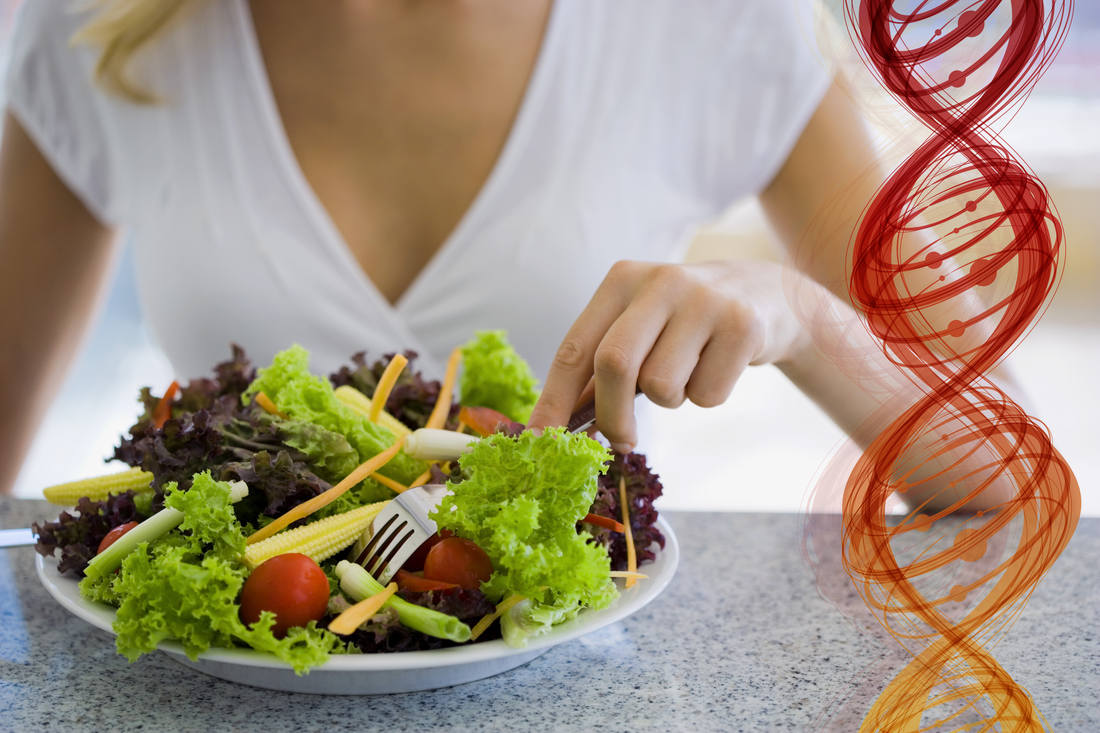|
Diet can do wonders on the human health. It not only helps to promote the well-being of an individual but also can go to the extent of affecting the flow of genetic information. Bioactive compounds play a deciding role in human health through advances in genomics, transcriptomics, proteomics and metabolomics. These technologies can directly be applied to cell culture and animal/human studies to study the health-promoting benefits of dietary bioactive compounds. A specific/restricted set of research is not enough to come to a conclusive decision on these studies and we need a combination of in vitro, animal, clinical and epidemiologic studies to understand the role of bioactive compounds in maintaining health of humans.
The human gut is gaining prominence and hence, the fermented foods and probiotics industry are utilizing this opportunity to profit from this as these foods are good for the gut. Researchers are interested in exploring the science behind gut microflora and the interaction between the microbiome and host genome. Interaction between Nutrients & Bioactive Compounds Physiological processes such as absorption, transport, biotransformation, uptake, binding, storage and excretion affect the impact of nutrients and bioactive compounds. Every physiological process involves multiple genes (each of them contain common polymorphisms) that can alter its function and hence, the response to a dietary compound. Genes affect food choices too-If you are person who prefers spicy foods or love to eat a pastry, that might also be the effect of genes-and research on diet-gene interactions are being done increasingly. If these researches are a success, then food industries can develop novel food products targeting a specific genotype or ethnic race and also provide solutions to questions that linger in our minds relating to why certain foods increase the risk of certain chronic diseases. When we tell that certain characteristics or diseases are passed generation to generation, we do not mean that the younger generations carry a photo copy of the genes of their ancestors. Variations in genes are common and widespread. These genetic variations are becoming increasingly complex due to several factors-environmental, nutrition and much more. Single nucleotide polymorphisms (SNPs), nucleotide repeats, insertions and deletions are some of the variations that can impact an individual’s response to a diet. Experiments are the best way to find other variants that can have a longstanding effect on dietary choices. A complete understanding of the different variants and food bioactives help us better interpret the role these play in human health and disease risk. Such gene-diet interactions help in planning individualized dietary advice and further, can play a critical role in improving public health by relating specific dietary compounds to different health outcomes. Genes may be passed over, but the nutrients we consume alter the expression of this genetic information at the level of gene regulation, signal transduction and also through alterations in chromatin structure and protein function. Other factors that impact gene expression include:
A classic example of the effect of nutrigenomics on dietary factors is the case study of coffee and heart disease. Numerous studies have taken up this case study and concluded that coffee either increases risk, has no effect or decreases risk. While there are various bioactive compounds available in coffee, caffeine dominates the rest and is said to have a harmful effect on the heart health of individuals. Caffeine-rich coffee increases the risk of heart attack in individuals who are carriers of one version of genes that put them in the ‘slow’ caffeine metabolizers category. This same caffeine is said to have no effect on the ‘fast’ caffeine metabolizers. Gene research and information in the field of nutrition helps to:
Comments are closed.
|
AuthorDietitian & Nutritionist Dr. Nafeesa Imteyaz. ArchivesCategories |
- Home
- Written Testimonials
- Consult
- Clinics
- Blogs
-
Diet & Nutrition
- Diabetes Reversal
- IVF IUI not needed for PCOS PCOD Infertility
-
Medical Nutrition
>
-
Disease & Conditions
>
- Infertility | PCOS
- Diabetes Mellitus
- Cholesterol
- Hypothyroid
- Kidney Problems
- Hypertension
- Cardiovascular Diseases
- Liver Diseases
- Gastro intestinal disorder
- Cancer
- Metabolic Disorders
- Orthopedic Disorders
- Eating Disorders
- Dietary Recall
- Weight Record Filled By Clients
- Online Payment Transaction Details
- Online Clients Weight Check Form
- Our Program Package Service Charges
- Weight Record 2017 Clients
- Measurements sent by Clients
- Terms & Conditions Of Payment
- Thanks. Your Form is Submitted
- Video Testimonials
- Lifestyle & Wellness
- Lifestyle & Wellness Blog
- Allergy & Intolerance
- Weight Loss / Gain
- Weight Loss / Slimming Blog
-
Disease & Conditions
>
- Life Cycle Nutrition >
- Sports Nutrition >
- Integrity in Nutrition
- Knowledge Centre
© COPYRIGHT 2022. ALL RIGHTS RESERVED. FRST HEALTHCARE PVT LTD.
Dr. Nafeesa Imteyaz of First Eat Right clinic, is the Best Dietitian Nutritionist in Bangalore. Best Dietitian Nutritionist in Pune. Best Dietitian Nutritionist in Hyderabad. Best Dietitian Nutritionist in Chennai. Best Dietitian Nutritionist in Mumbai. Best Dietitian Nutritionist in Delhi. Best Dietitian Nutritionist in Kolkata.

